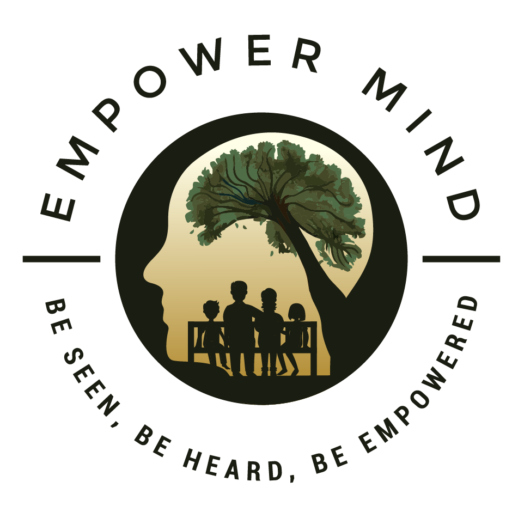
An eating disorder is a dangerous condition because of the many physical and mental consequences it carries. Untreated eating disorders lead to a wide range of complications — from depression, anxiety and isolation to hair loss, digestive problems and even death.
Eating disorders are serious mental illnesses characterized by a distorted attitude towards food and an unhealthy obsession with weight, body shape, and appearance. People with eating disorders may struggle to identify their actual body weight and shape and may have a distorted self-image. They could experience a strong fear associated with weight gain even if they are underweight. The three main forms of eating disorders are anorexia nervosa, bulimia nervosa, and binge eating disorder. Eating disorders can have major physical and psychological effects, and recovery may necessitate professional help.
Eating disorders are complex mental illnesses that can have detrimental effects on the body and the mind. Some of the risks and symptoms of eating disorders include:
Physical risks:
Psychological symptoms:
Seek professional treatment as soon as possible if you suspect that you or someone you know has an eating disorder. Failure to receive timely treatment can render eating disorders challenging to recover from and can have detrimental physical and psychological effects.
There are several different types of eating disorders, including:
Like most mental illnesses, multiple factors influence eating disorders. A combination of psychological, biological and environmental issues contributes to the development of these disorders. That’s why you need to consult a doctor well-versed in both the physical and psychological aspects of the condition.
Your eating disorder psychologist uncovers the unique set of circumstances that likely led to your illness. Working together, you and your doctor can address each factor, which may include:
Family and childhood traumas, sexual abuse, peer pressure and stressful life transitions also create an environment where ED may result. Your psychiatrist treats each factor, as it applies to your specific case. And successful treatment modalities do exist.
The diagnosis of eating disorders can only be made by a mental health professional, such as a psychologist or psychiatrist. The diagnosis is typically based on a combination of factors, including a thorough medical and psychological evaluation, as well as a review of the person’s medical and family history.
During the evaluation, the healthcare professional will ask the person questions about their eating habits, thoughts about food and weight, and other related behaviors. The healthcare professional will also assess the person’s physical health and look for any signs or symptoms of an eating disorder.
It is important to note that there is no one test that can diagnose an eating disorder. The diagnosis is based on a combination of factors and requires a thorough evaluation by a qualified professional. If you suspect that you or someone you know has an eating disorder, it is critical that you receive timely treatment from a mental health professional.
Eating disorders are mostly treated with a combination of therapy, medication, and nutrition counseling. The particular treatment plan will be determined by the requirements of the individual and may vary based on the kind and complexity of the eating disorder. Common treatments for eating disorders include:
It is important to note that treatment for eating disorders is often a long-term process and may involve multiple stages, including inpatient treatment, partial hospitalization, and outpatient treatment. The goal of treatment is to help individuals develop healthy eating habits and a positive body image and to manage any co-occurring mental health conditions.
The National Eating Disorders Association reports that more than 30 million people in the U.S. have struggled with some form of the eating disorder. Of these, 20 million are female, which is two-thirds of the total. Another study states that at least one American dies due to an eating disorder every 62 minutes.
According to ANAD’s eating disorder statistics, 9% of US citizens, or 28.8 million Americans, will have an eating disorder over their lifetime, with genetic heredity accounting for 28% to 74% of the risk. Approximately 26% of those suffering from eating disorders attempt suicide.
More than 70% of those suffering from eating disorders don’t get treatment due to the stigma of the disorder, misconceptions surrounding it, a lack of education, and sometimes, misdiagnosis. These numbers highlight the gravity of this illness and why you need early diagnosis and treatment. The good news is that advances in psychotherapy are providing effective eating disorder treatments.

A mental illness is a condition that affects a person’s thinking, feeling, behavior or mood. These conditions deeply impact day-to-day living and may also affect the ability to relate to others. If you have or think you might have a mental illness, the first thing you must know is that you are not alone.
Copyright © 2023 — All rights reserved by Empower Mind | Website Made By SalesEnzine.